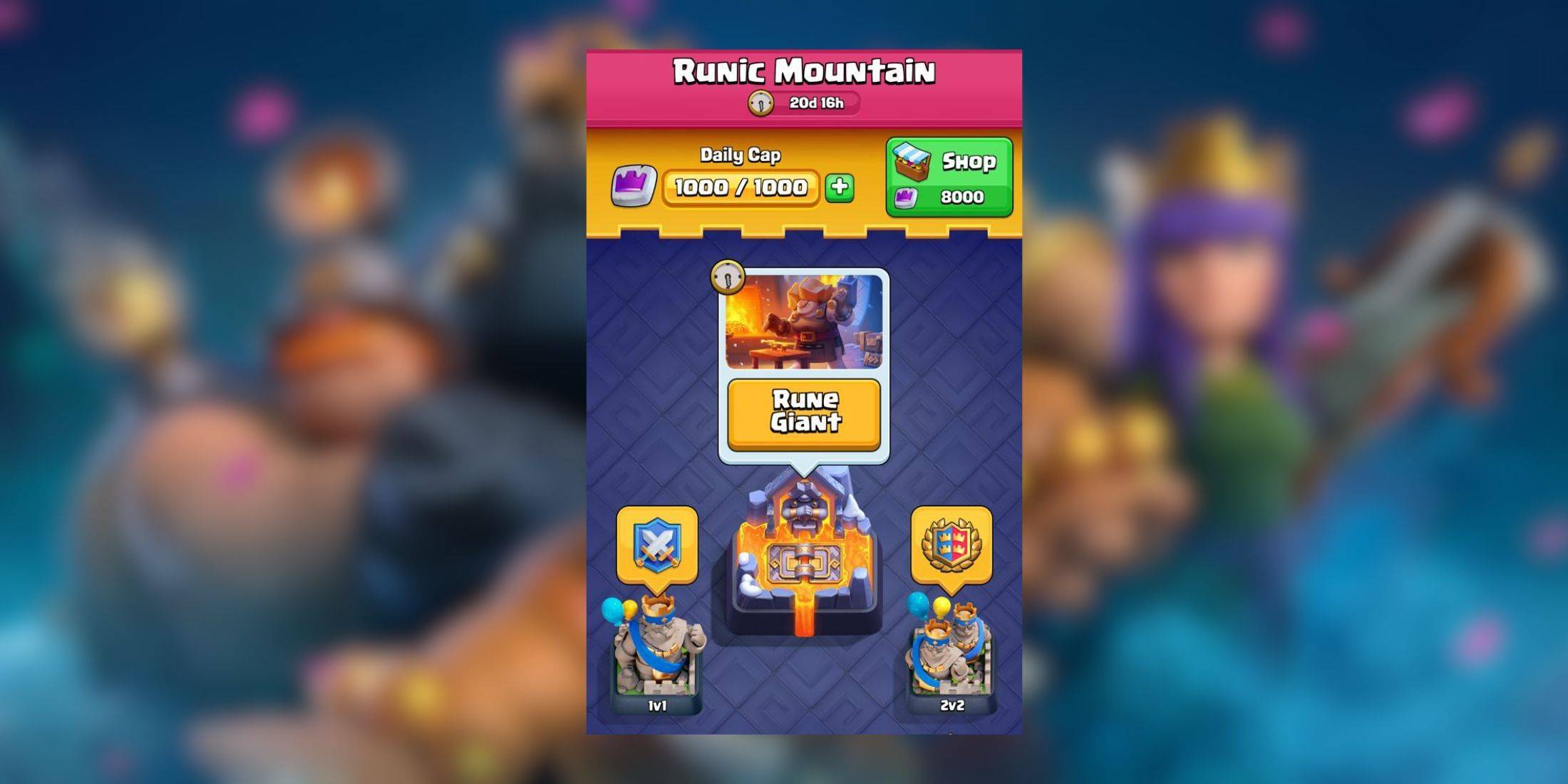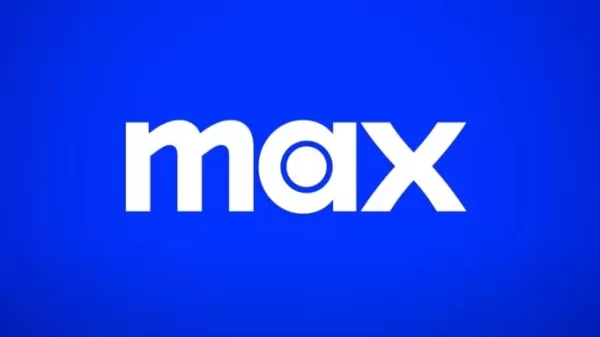
In the evolving landscape of video game development, the once-prestigious "AAA" label is increasingly seen as outdated and irrelevant. Originally, this designation was reserved for projects characterized by massive budgets, superior quality, and minimal risk of failure. However, today, it's often associated with a race for profits that sacrifices both innovation and quality.
Charles Cecil, co-founder of Revolution Studios, has been vocal about the term's decline in relevance. "It's a silly term, it's meaningless," Cecil remarked, reflecting on how the industry has transformed since big publishers started pouring enormous sums of money into games, often not for the better. "It's a legacy of a time when things were changing, but not for the better," he added.
A striking example of this shift is Ubisoft's Skull and Bones, which the company ambitiously labeled a "AAAA game." Yet, after a decade of development, the project ended in disappointment, highlighting the emptiness of such labels.
Criticism isn't limited to Ubisoft alone. Other major publishers like EA have also faced backlash from both players and developers, who argue that these companies prioritize mass production over catering to audience interests.
In contrast, indie studios frequently deliver projects that resonate more deeply with gamers than their "AAA" counterparts. Titles like Baldur's Gate 3 and Stardew Valley exemplify how creativity and quality can outshine even the largest budgets.
The prevailing belief among many in the industry is that a focus on profits stifles creativity. Developers, fearing financial repercussions, are less willing to take risks, leading to a noticeable decline in innovation within big-budget games. To recapture player engagement and inspire new talent, the gaming industry must reconsider its current strategies.
 Home
Home  Navigation
Navigation






 Latest Articles
Latest Articles










 Latest Games
Latest Games












